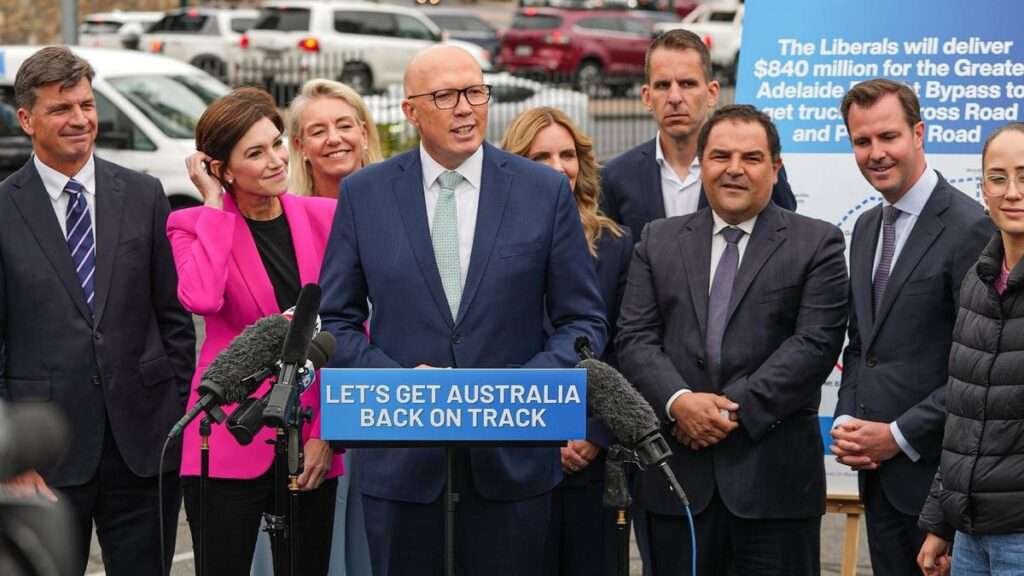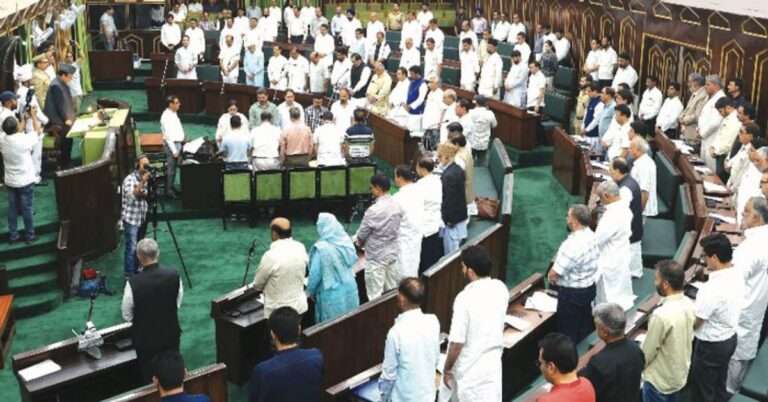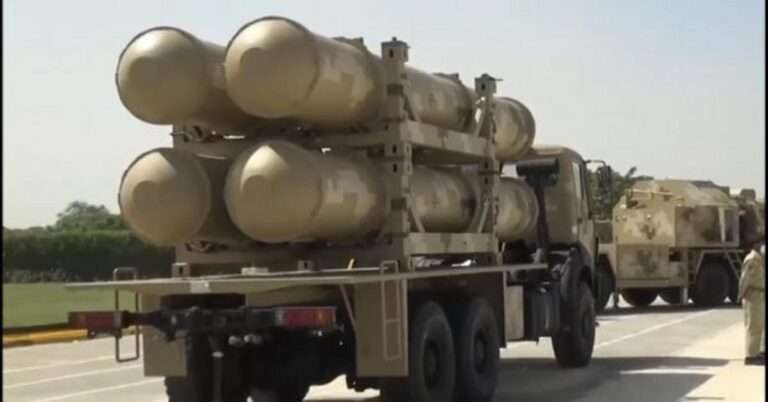
Australia's Visa Crackdown on Indians: MEA's Response & Sovereignty.
Title: Australia’s Visa Crackdown on Indians: A Closer Look at MEA’s Response & Sovereignty
Australia’s recent visa crackdown on Indians has sparked concerns and discussions about immigration policies and diplomatic relations between the two countries. The Ministry of External Affairs (MEA) has responded to these developments, emphasizing the concept of sovereignty and the sovereign prerogatives of nations in matters of visa issuance and immigration. In this blog post, we will delve deeper into the implications of Australia’s visa policies, MEA’s response, and the broader issue of sovereignty in international relations.
Understanding Australia’s Visa Crackdown
Australia’s visa crackdown on Indians has drawn attention due to the increased scrutiny and denial of visa applications for Indian nationals. The stringent measures taken by Australian authorities have led to concerns about discrimination, transparency, and fairness in the visa issuance process. While Australia has justified its actions as necessary for national security and border control, critics have raised questions about the impact on Indian students, professionals, and tourists seeking to visit or migrate to Australia.
MEA’s Response: Sovereignty as a Key Consideration
In response to Australia’s visa crackdown, the Ministry of External Affairs (MEA) has underscored the principle of sovereignty as a fundamental aspect of international relations. Sovereignty refers to the independent authority of nations to govern their territories, make decisions, and control their internal and external affairs without interference from external forces. MEA’s emphasis on sovereignty highlights India’s respect for the rights of nations to determine their visa policies and immigration laws in accordance with their national interests.
The Importance of Sovereignty in International Relations
Sovereignty plays a crucial role in shaping the dynamics of international politics, diplomacy, and cooperation among nations. It serves as a cornerstone of the modern state system, providing states with the legitimacy and autonomy to protect their borders, maintain order, and exercise authority over their citizens. Sovereignty also establishes the boundaries of state power and responsibility, guiding interactions between nations in issues such as trade, security, and human rights.
Navigating the Complexities of Visa Policies and Immigration Laws
Visa policies and immigration laws are essential tools for managing the movement of people across borders and regulating the flow of migrants, visitors, and refugees. These policies reflect a nation’s priorities, interests, and values, impacting individuals’ mobility, opportunities, and rights. As countries seek to balance security concerns, economic benefits, and humanitarian obligations, they must navigate the complexities of visa issuance, residency permits, citizenship requirements, and asylum procedures while upholding international norms and legal standards.
Challenges and Opportunities in Bilateral Relations
The tensions arising from Australia’s visa crackdown on Indians highlight the challenges and opportunities in bilateral relations between the two countries. Diplomatic dialogue, negotiation, and cooperation are essential for addressing differences, resolving disputes, and building trust and understanding between nations. By fostering mutual respect, communication, and collaboration, India and Australia can navigate the complexities of visa policies, migration trends, and cultural exchanges, forging stronger ties and partnerships in various sectors.
In Conclusion
Australia’s visa crackdown on Indians underscores the complexities and sensitivities of visa policies, immigration laws, and diplomatic relations in the contemporary world. MEA’s response, emphasizing sovereignty, highlights the importance of respecting nations’ rights and prerogatives in shaping their visa regimes and migration practices. As India and Australia navigate these challenges and opportunities, they have the opportunity to strengthen their bilateral ties, promote dialogue and cooperation, and enhance mutual understanding and respect in the global arena.
As we reflect on the implications of Australia’s visa crackdown and MEA’s response, we are reminded of the importance of diplomacy, dialogue, and cooperation in addressing complex issues and fostering peace, stability, and prosperity on the international stage. Let us continue to engage with diverse perspectives, seek common ground, and work towards building a more inclusive, equitable, and peaceful world for all.




